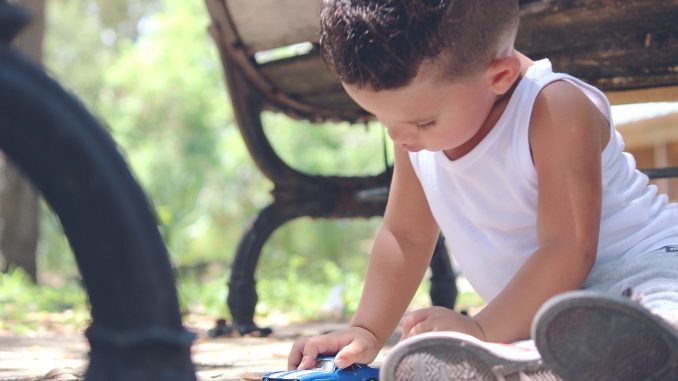
It has been known for decades that an infant’s capacity to learn is fundamentally different to an adult’s.
To understand this more fully, we only need to look at how children and adults learn language.
To adults, the process of learning a new language is complex and difficult. To start with, they may first look at the structure and how the language is constructed. Then they may learn certain phrases and build on these; fitting different parts together. They often follow a rigid learning process and stick to it.
For children however, the process is much more fluid and organic; they simply absorb the information from around themselves and learn what they hear, repeating everything over and over again.
Learning via the adult method, takes years of practise and requires a well-developed memory, prolonged concentration and a deep understanding of grammatical knowledge. However, infants who have poor memory skills, short attention spans and very little concept of logic, manage to learn a language in a fraction of the time. They also use a fraction of the effort and learn with such perfection that they could also pass as a native – speaking in the same accent and dialect effortlessly. Whereas adults not only struggle to learn the language but never manage to pronounce words with the correct accent and sound like a foreigner even after years of practise.
This clearly shows that infants have an extremely powerful capacity to learn, but this is eventually lost when they reach adulthood.
It is this unique and powerful ability to learn, that transforms vulnerable, helpless, gurgling babies into complex beings within a few years.
So in order to support an infant’s cognitive development give them plenty of opportunity to learn from their environment. Play with them, talk to them and have fun they will learn all they need to on the way.

Be the first to comment